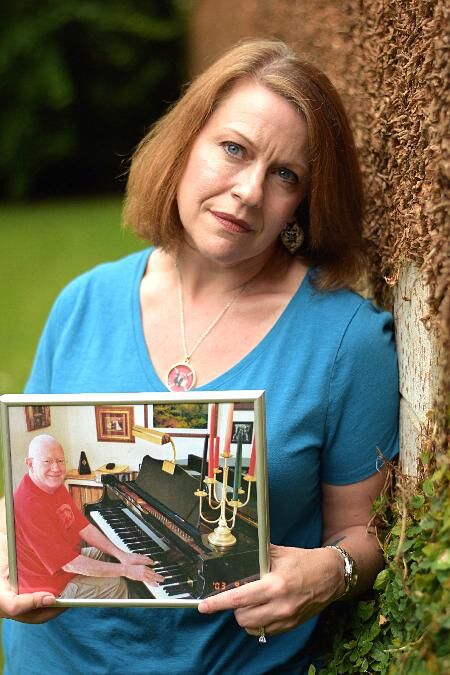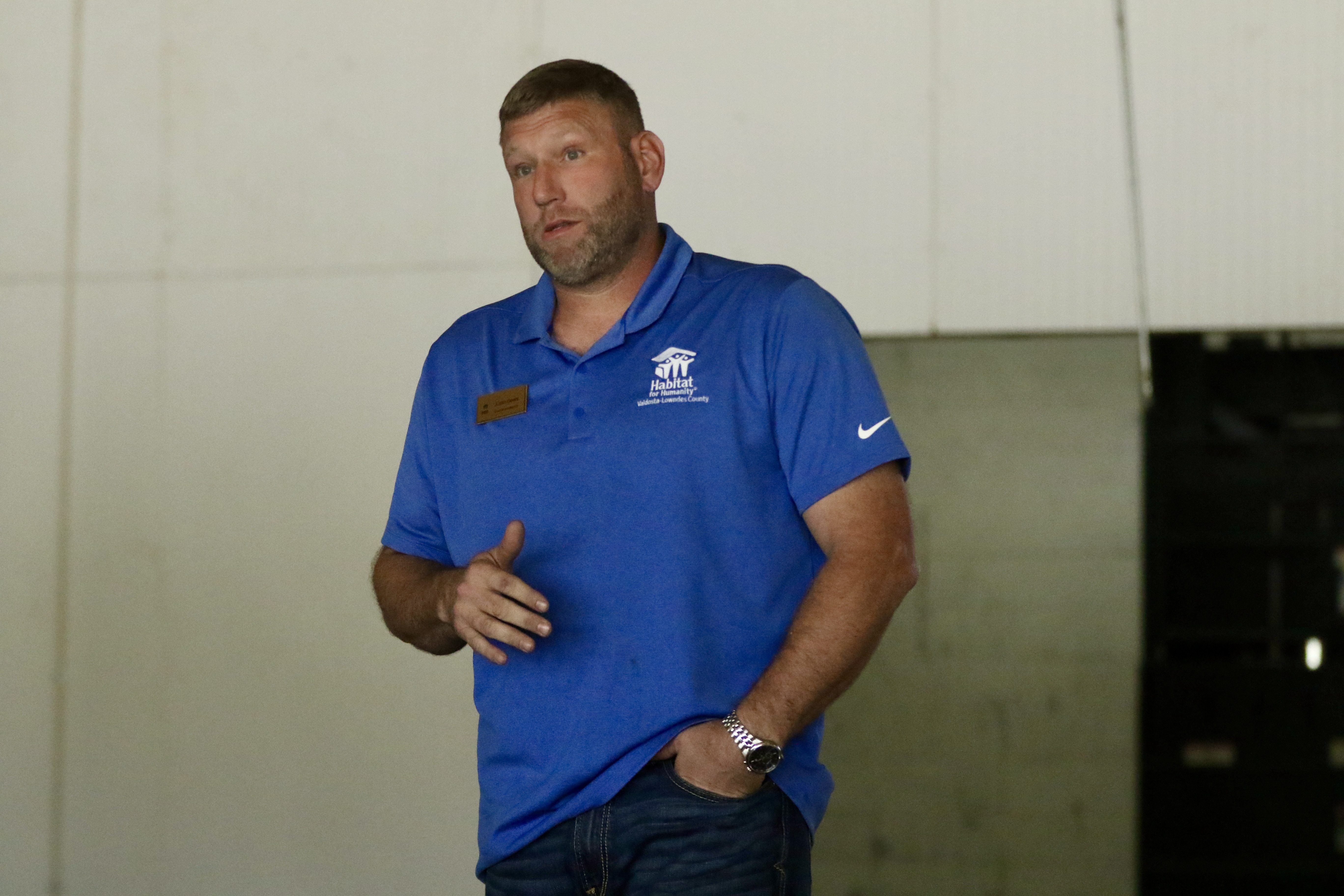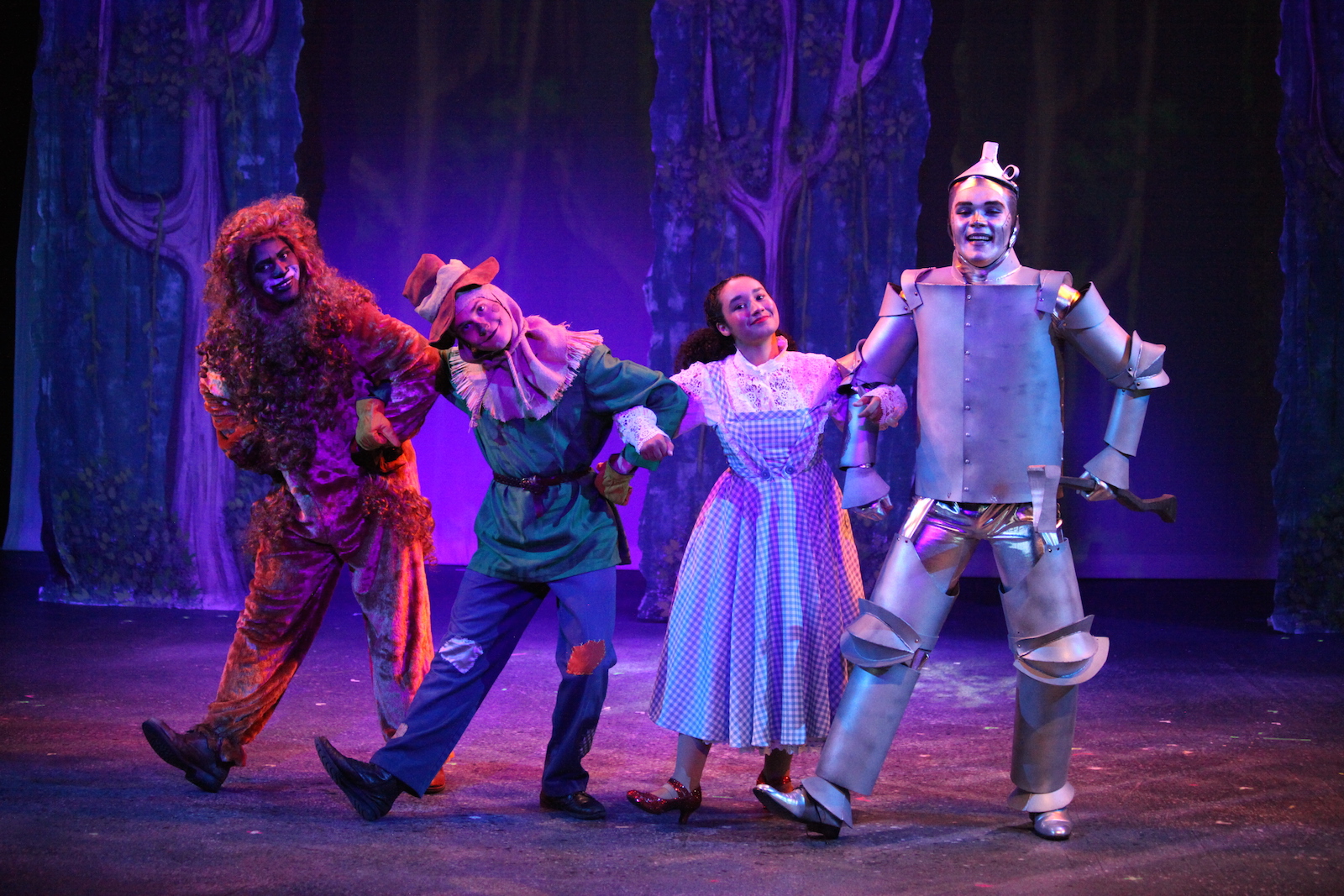Survivors of Suicide: Group open to people who have lost loved ones to suicide
Published 7:45 pm Sunday, June 27, 2021

- Laurel Yu | Submitted PhotoTamara Hardesty recalls her father, Tom Hardesty, as a talented musician and journalist but she has also dealt with the emotions spurred by his 2004 suicide.
VALDOSTA – Tamara Hardesty describes Survivors of Suicide as an informal gathering for people who have lost a relative or loved one to suicide.
She first started SOS Valdosta in late 2012. A few years ago, difficulties finding a regular gathering site and other complications led to the meetings being discontinued. After suicide reports earlier this year, Hardesty is bringing SOS Valdosta back.
Meetings are scheduled 5:30-7 p.m. the first Monday of the month, Just Love Coffee Cafe, next to Publix on Gornto, she said. The first meeting is scheduled for July 5. More information: Visit SOS Valdosta on Facebook, email sosvaldosta@yahoo.com or call (229) 234-9939.
In describing the group, Hardesty asserts what the group is not. It is not for people contemplating suicide. It is not a suicide prevention group – prevention and dealing with the aftermath of suicide are two different things, she said.
SOS Valdosta is not a religious group but a peer-led group, with anonymous and open membership for any adult who has suffered a loss to suicide.
The group does not discuss method of suicide unless a person really feels a need to discuss it and even then Hardesty speaks with other participants to see how they feel about hearing method.
“Shared experiences play a vital role in the healing process. SOS Valdosta offers a confidential, safe place for survivors to vent their anger and guilt, share their concerns, feel their pain and ultimately deal with their grief. Our mission is to give survivors hope and help them begin to heal,” according to SOS Valdosta information.
“I’m thinking of people who have lost someone to suicide,” Hardesty said, “to know they are not alone in their grief.” Hardesty emphasizes she is not a mental health professional or expert. Instead, she is a facilitator for the group.
She is also a survivor of suicide.
Dealing with Loss
Tom Hardesty, her father, was an artist, a musician, a newspaper reporter, a puppeteer. A trained soprano, Tamara Hardesty’s musical career began as a child with her father teaching her piano.
Tom Hardesty also struggled with mental health issues, Tamara Hardesty said. He had made suicide attempts when younger, was in and out of institutions, diagnosed bipolar and finally prescribed medication.
For 20 years, the medication helped him. Then, he experienced side effects from the medication as he aged, she said.
He opted to take what he called “a medication vacation.”
In 2004, he called his daughter. He said he felt great off of his medication. He was excited.
She mentioned to him that such high enthusiasm is often followed by a low crash for people with a bipolar diagnosis. He assured his daughter he was fine.
Two days later, Tamara Hardesty received a call from a coroner.
“There’s a reason people have you sit down when they give you bad news,” she said. “I literally fell down.”
Tom Hardesty had lost his battle with mental illness, she said.
In the aftermath, Tamara Hardesty had to call her sister and tell her their father was dead. She had to tell others. She faced a wide range of emotions: grief, blaming herself, anger.
“I wished there was a time machine,” she said. “I would love to get in a time machine and go back and stop it from happening. But you can’t be there for someone 24 hours a day and shove pills down their throat. … Sometimes, there’s really nothing you can do about it.”
‘If only …’
She said survivors live with thoughts of “If only …”
“If only I had just gotten home an hour earlier, if only … But we did the best we could at the time,” Hardesty said. “If only … You have to let go of that and realize it wasn’t my fault.”
Hardesty compares suicide to coming with “the suddenness of a car accident and the police drama and violence of a murder. But the person you lost is the one who has caused it. So, you get angry that he would do this to himself then you feel guilty for being angry.”
Hardesty found solace in expressing these feelings in a Survivors of Suicide where she lived at the time.
There, she could share her feelings with others experiencing complicated griefs.
“I found a lot of healing. I found I was not alone,” she said. “This was not my fault and it was great to have people who have dealt with it longer than I have.
“You see someone who lost their loved one to suicide five or 10 years ago and they are farther along in the process. They are still in pain but you see they have survived. So you have hope that I can survive.”
But even 17 years later, days like Father’s Day can be difficult.
“I don’t know if I’m going to be celebrating my husband as a father and remembering all of the good times with my dad or if I’m going to be lighting a candle in my dad’s memory,” she said.
But she tries reaching for the good times and remembering the many good things about him.
“The ending doesn’t define the story,” she said. “I like to think of the fun times I had with my dad. You can reach a point where you get past the death and can appreciate the good times with the person you loved.”
The National Suicide Prevention Lifeline is (800) 273-8255.





